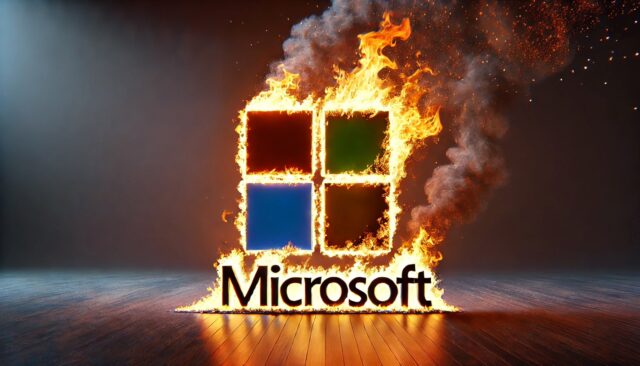Microsoft updates Recall feature to address privacy concerns but Linux remains a safer choice for some

Microsoft has provided an important update to its upcoming Recall feature, exclusive to Copilot+ PCs, which aims to balance productivity with privacy and security. Recall allows users to retrieve information by capturing snapshots of their activity, such as documents, websites, or apps. This latest update emphasizes Microsoft’s renewed focus on user control and privacy, addressing some of the concerns users have voiced since the feature was first announced.
Recall is designed to enhance productivity by enabling users to quickly find things they’ve seen on their PC. The feature’s AI-driven capabilities take snapshots of user activity, making it easier to return to projects without having to remember where files or webpages were previously accessed. Microsoft stresses that this updated version of Recall processes and stores data locally, which not only improves performance but also allows users to continue using the feature without an internet connection. By keeping data on the device, Recall also aims to reduce latency and improve battery life.
One of the key points in Microsoft’s update is that Recall remains an entirely opt-in feature. The company has reiterated that users must explicitly choose to enable Recall, and they can turn it off at any time -- including removing it entirely. Microsoft has built several privacy controls into the feature, allowing users to filter out specific apps or websites from being saved, delete snapshots, or customize how long their data is retained. With this update, Microsoft wants to reassure users that they remain in full control of how much data Recall captures.
Security is another critical area Microsoft has addressed in this update. Recall’s architecture is built around Virtualization-based Security (VBS) Enclaves, an isolated part of the system that protects stored snapshots. All data is encrypted, and only users who authenticate with Windows Hello can access it. Microsoft has added additional protections, such as anti-tampering measures and rate-limiting, to guard against potential malware attacks. These steps align with the company’s Zero Trust security principles, which treat every interaction as a possible security risk.
However, despite these improvements, some Windows users will remain skeptical. Microsoft’s history of privacy concerns, particularly with telemetry data collection in previous Windows versions, has left users wary of features like Recall, which track user activity. Even with encryption and local storage, the idea of having detailed logs of everything a user does on their PC feels invasive to many. Critics argue that storing snapshots of activity -- even in a highly secure environment -- creates the risk that this data could be exposed if a vulnerability were discovered.
Privacy-conscious users are also concerned about future changes to Recall. While Microsoft currently insists that Recall data remains stored locally on the device, some worry that future updates could introduce cloud syncing or other features that might increase the risk of data exposure. This uncertainty around the long-term evolution of Recall leaves users hesitant to fully trust the feature.
For users looking for alternatives, Linux presents a compelling option. The open-source nature of Linux gives users more control over their system and privacy settings. Linux distributions like Tails or PureOS are designed with privacy in mind, offering a level of transparency and customization that Windows doesn’t provide. With Linux, users can avoid features like Recall altogether, ensuring that their activity isn’t logged or stored unless they explicitly choose to do so.
This update to Microsoft’s Recall feature highlights the company’s effort to provide a balance between productivity and security. While Microsoft has added new privacy protections and controls, the decision to use Recall will depend on how much trust users are willing to place in Microsoft’s assurances. For those who remain skeptical of Microsoft’s privacy practices, Linux may offer a safer alternative, providing complete control over their data and system behavior.
